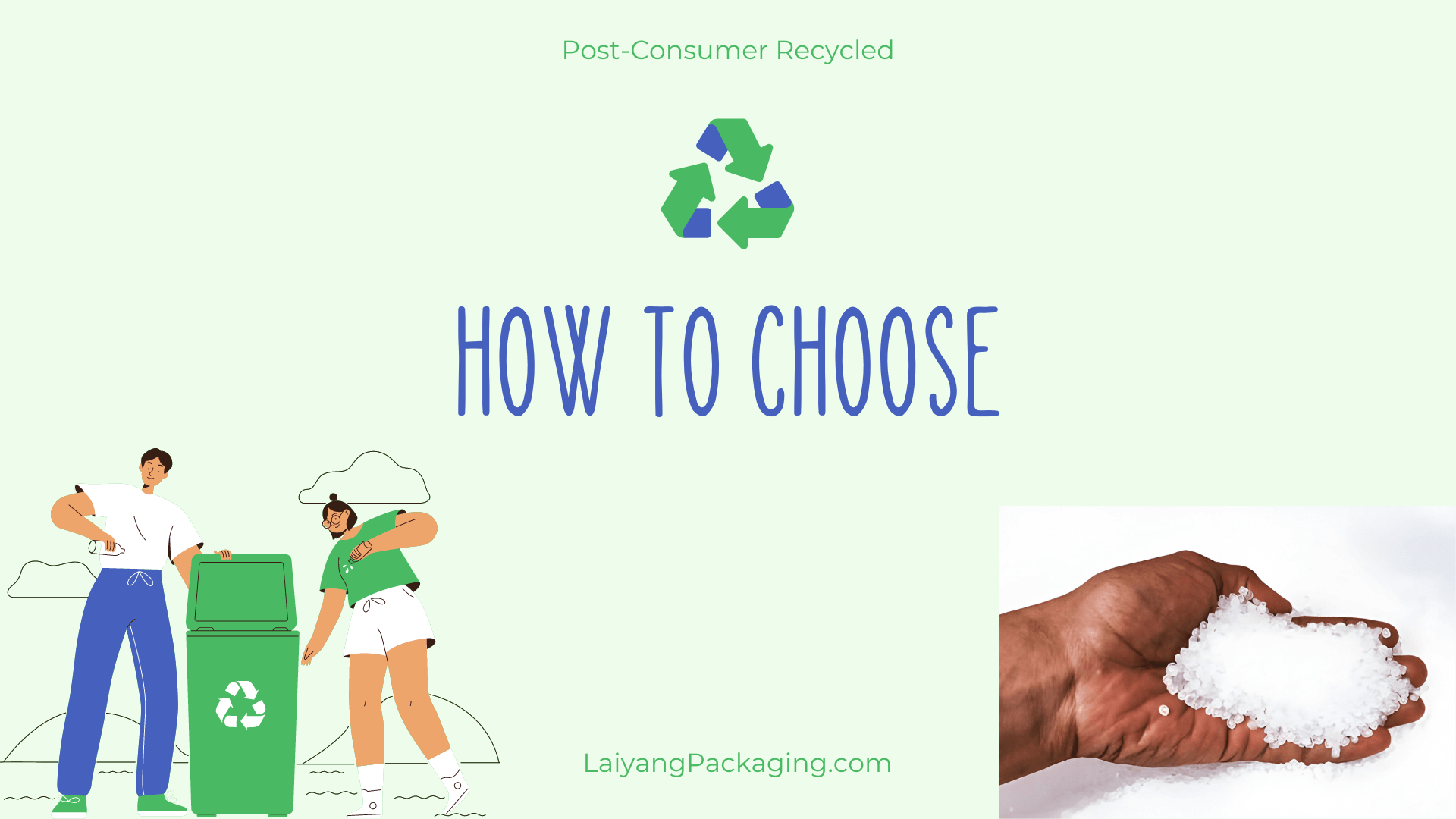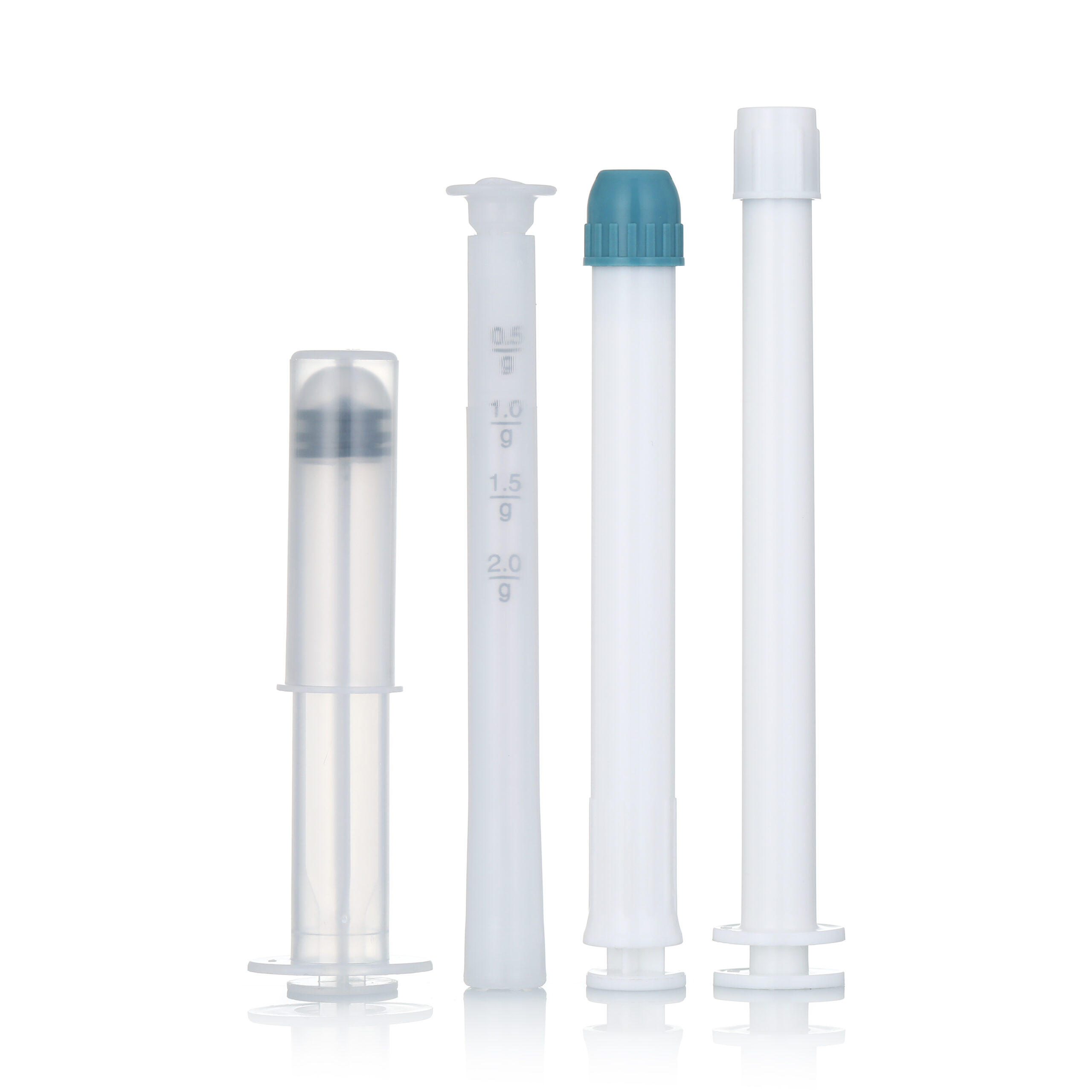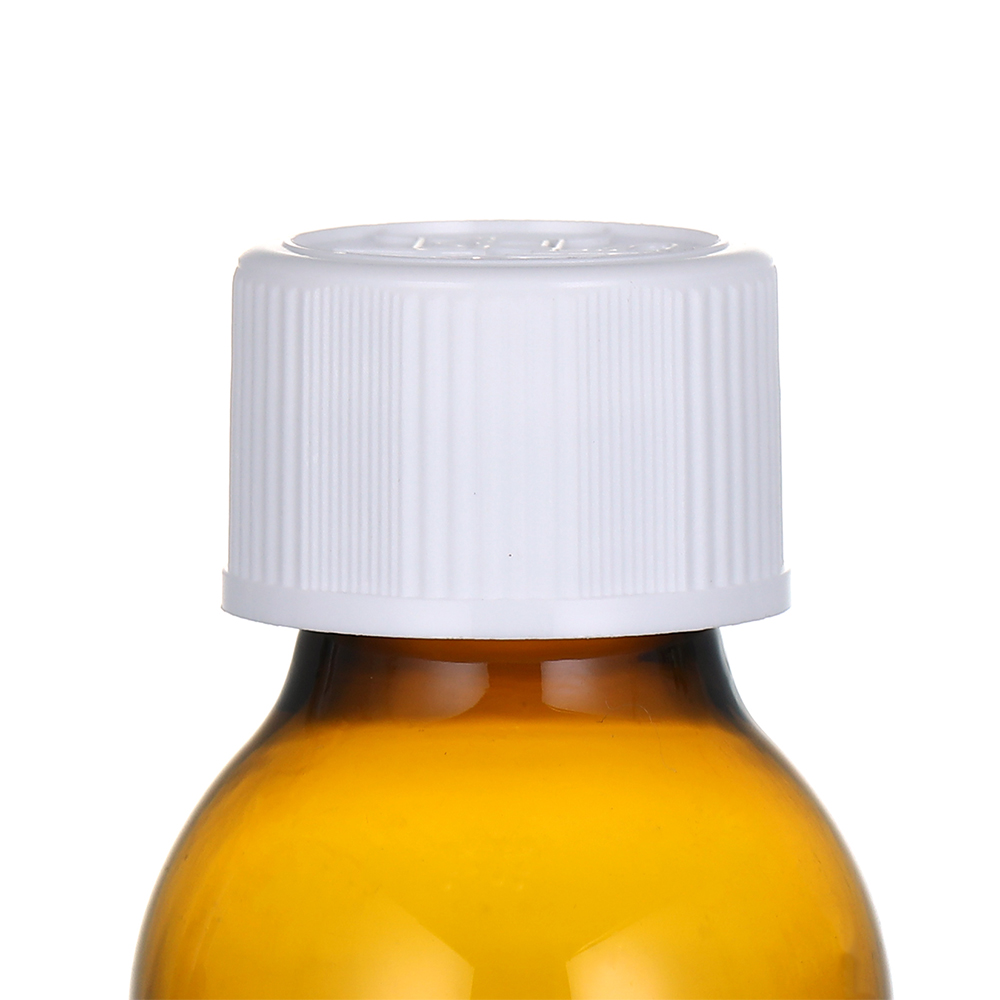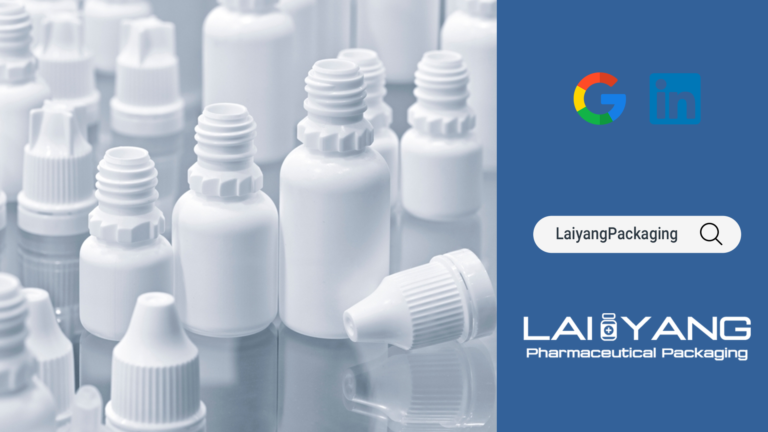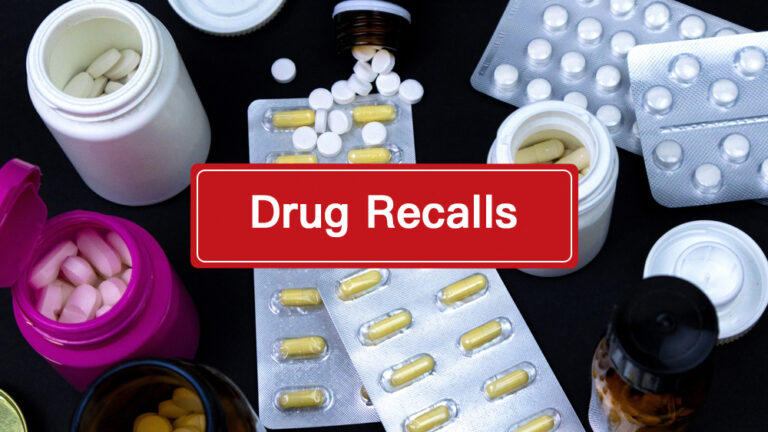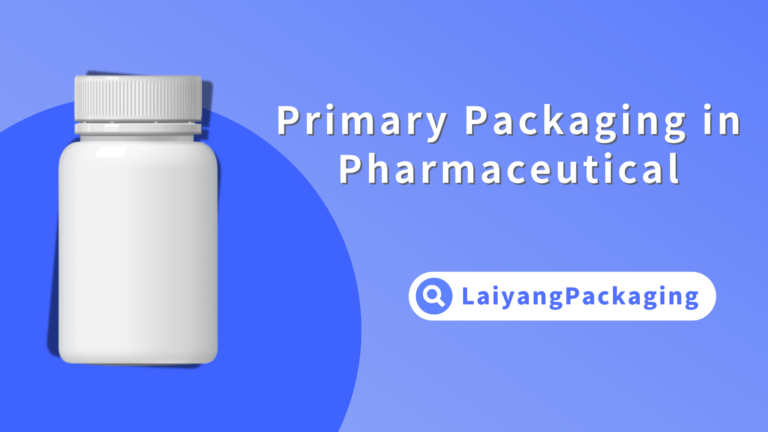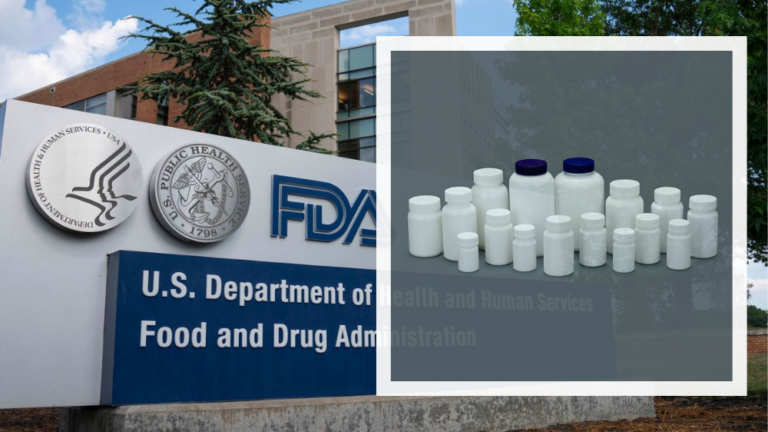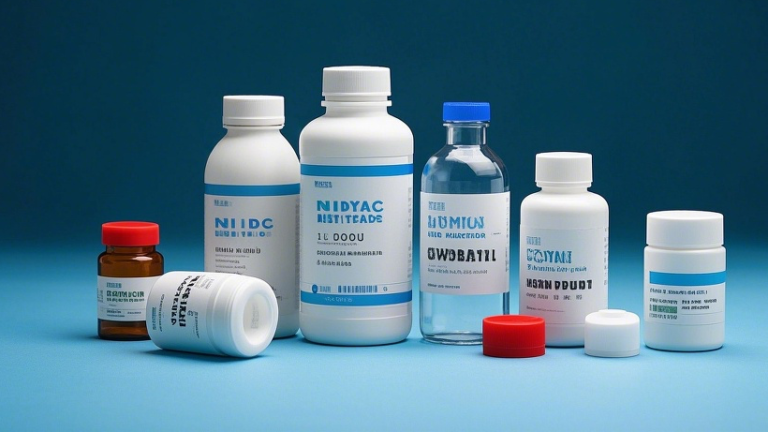Resin derived from fossil fuels is utilized in the production of various plastic products, including containers and caps for packaging pharmaceuticals, health supplements, and food items. Nowadays, consumers increasingly prefer sustainable packaging materials, a trend that has not gone unnoticed by companies in the industry. Sustainable materials represent a crucial direction for future business expansion.
At Laiyang Packaging, sustainable development has always been our top priority. We have been continuously exploring recycled resin to assist our customers in achieving sustainable packaging solutions more swiftly.
What are Virgin Resins?

Extracted from the depths of the earth, virgin resins—sourced from the likes of petroleum and natural gas—transform into polymers, each bearing its unique tapestry of physical and chemical attributes. This versatility finds its calling in the vast expanse of the packaging industry. Malleable in their essence, these resins take on myriad forms, from the mundane plastic bottle to the essential caps that seal our consumables. They encase a world of necessities—pharmaceuticals, nutraceuticals, edibles, and thirst-quenchers—underscoring their indispensable role across the spectrums of health and sustenance.
Yet, the deployment of virgin resins casts long shadows over both the environment and the economy. At the outset, these resins are born from the heavy consumption of finite natural resources such as petroleum or natural gas, heralding a cycle of excessive exploitation. The residue and emissions from their creation echo through our natural world, escalating risks of pollution and ecological harm. Discarded items made from virgin plastics inevitably journey towards landfills or seep into aquatic realms, threatening the delicate balance of ecosystems and the creatures that inhabit them. Thus, the profound environmental and economic repercussions of using virgin resins stand at the forefront of critical industry challenges, demanding immediate and innovative solutions.
What is PCR
Post-Consumer Recycled (PCR) plastics are derived from materials that consumers have discarded and recycled. These materials include diverse waste sources like plastic bottles, food packaging, and plastic bags. After collection, these plastics undergo processing at facilities where they are cleaned, treated, and converted into new recycled plastic resins, suitable for crafting various plastic products. This recycling process leverages consumer waste, significantly reducing the amount of plastic that ends up in landfills or incinerators. This reduction helps diminish dependency on natural resources and cuts down on environmental pollution and greenhouse gas emissions. Recycled plastics have broad applications in fields such as packaging, construction, and home goods, positioning them as pivotal to advancing sustainable development.
Benefits of choosing PCR
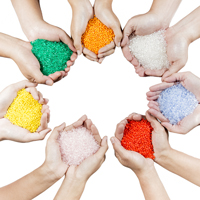
Choosing PRC provides advantages of both commercial and environmental. Commercially, recycled plastics can help firms cut down on manufacturing expenses. These plastics tend to be more economical than virgin plastics because they are made from recycled materials, reducing the need for new raw materials and thereby lowering acquisition costs. Employing recycled plastics can decrease costs associated with waste management and disposal. The manufacturing process for recycled plastics produces less waste and diminishes the dependence on landfills or incinerators, thereby reducing disposal costs.
Choosing recycled plastics not only conserves natural resources but also enhances a company’s brand. In today’s environmentally conscious market, consumers are increasingly scrutinizing corporate commitment to ecological stewardship and sustainability. Consumers are more likely to support brands that show authentic green credentials. By integrating recycled plastics into their operations, companies can significantly enhance their appeal in the consumer marketplace, fortifying their brand’s credibility and reputation. This strategic move can captivate a broader audience, encouraging more consumers to engage with their products or services, driven by shared values of environmental responsibility.
Cost advantages of recycled plastics
Recycled plastics offer significant cost benefits, including reduced raw material expenses, improved production efficiency, and long-term financial gains. The cost of raw materials for recycled plastics tends to be lower than that for virgin plastics, primarily because they are produced from recycled content. This cost-efficiency in procurement can help businesses reduce their production costs, thus enhancing their competitive advantage.
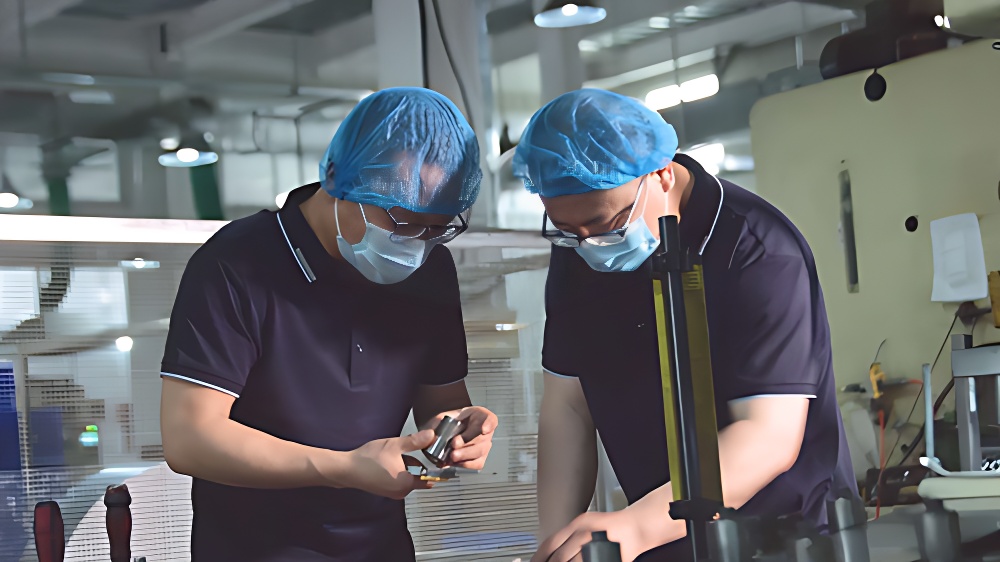
Recycled plastics excel in production efficiency. Unlike the complex process required for creating virgin plastics, recycling simplifies operations by bypassing the initial polymer synthesis. This streamlined process not only accelerates production cycles but also minimizes costs, enabling businesses to increase their production capacity and boost their profit margins.
Choosing recycled plastics can unlock long-lasting economic benefits for businesses. Although starting with recycled materials may entail a marginally higher initial outlay compared to virgin plastics, the long-term savings manifest through reduced requirements for fresh raw materials, lower expenses in waste management and disposal, and an enhanced corporate reputation and brand appeal. Collectively, these elements pave the way for stronger and more sustainable economic prosperity for businesses.
It is important to consider that fluctuations in raw material prices can impact the cost advantages of utilizing recycled plastics. While recycled plastics generally have lower raw material costs, large fluctuations in these prices can impact their production expenses and market competitiveness.
Key factors to consider when choosing recycled plastics
Method
The recycling method is a crucial factor to consider when choosing recycled plastics. The primary methods of recycling are mechanical and chemical processes. Mechanical recycling, a common approach, involves physically processing plastic waste into recycled pellets or granules. This method is straightforward and economical but comes with restrictions, notably in the types of plastic it can accept and the levels of contamination. On the other hand, chemical recycling is an emerging technology that chemically transforms plastic waste back into original polymers or other valuable chemicals. This method can handle a wider range of plastic types and contamination levels, although it is technologically less developed and more expensive.
Compliance Regulations
Navigating industry regulations is crucial when selecting recycled plastics. The standards for packaging materials vary significantly across sectors. Notably, the food and pharmaceutical industries impose rigorous safety and hygiene requirements on their packaging materials. As such, it is imperative to ensure that recycled plastics align with these stringent regulations and standards to safeguard the safety and dependability of the products they encase.
Contaminants
Addressing pollution is vital for the widespread use of recycled plastics. The production process for these materials can emit pollutants, including hazardous gases and chemical residues. It is essential to implement effective measures to reduce these contaminants to ensure product safety and regulatory compliance. This could involve significant investments in advanced pollution control facilities or the integration of more sustainable and cleaner production techniques.
Stay on Top of the PCR World with LaiyangPackaging
We advocate for a collective effort from all sectors of society and the industry to promote sustainable development. At Laiyang Packaging, sustainability isn’t just a concept but a guiding principle. We are dedicated to providing our clients with packaging solutions that are not only environmentally friendly but also sustainable in the long term. We aim to be a catalyst in pushing our industry towards more sustainable practices. It is our hope that this article enlightens and encourages everyone to rally behind the vital cause of sustainability.


